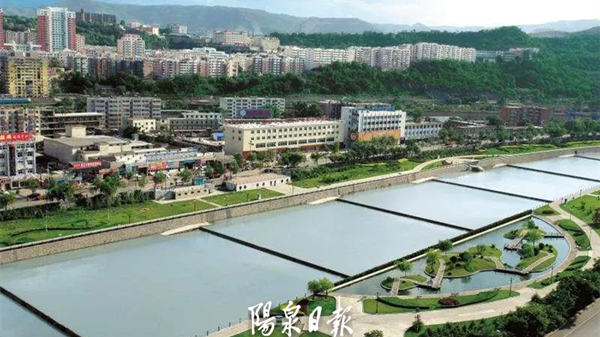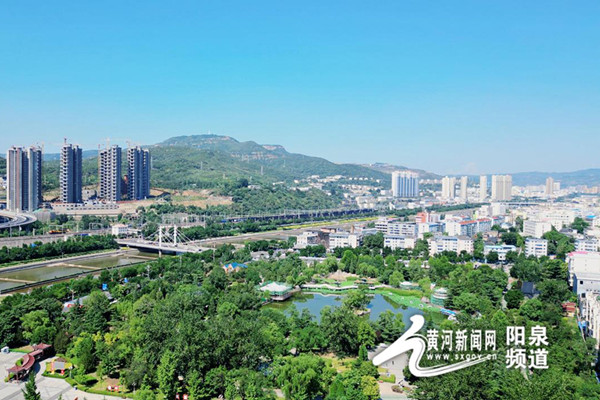IoT, 5G dig underground sector amid pursuit of high-quality development
Subterranean coal mines, which have traditionally struggled with internet connectivity issues, are becoming safer and more efficient as Chinese tech firms are exploring how to use 5G technologies to rejuvenate the sector.
Yao Wujiang, a technician at Yangquan Coal Industry (Group) Co in Shanxi province, said the company has deployed 5G networks inside a 534-meter-deep mine with technical help from companies such as China Mobile and Huawei Technologies Co.
The superfast wireless technology can help convey real-time data from inside the mine, including gas density, temperature and humidity. With the help of the 5G network, video calls between workers on the surface and underground also become easier.
"But the application of 5G in mines is still in a nascent stage," Yao said, adding that relevant government departments can offer technical and financial support to mines that have deployed 5G networks.
Yangquan Coal Industry is only one of the companies in the coal-rich province of Shanxi to embrace digital technologies to pursue high-quality development. Over the past five years, Shanxi has deepened its energy revolution, accelerated the release of high-quality coal production capacity, promoted the construction of 5G smart mines and carried out pilot projects for green coal mining. The proportion of advanced coal production capacity has increased to 80 percent in the province.
In the next five years, Shanxi will speed up the construction of a green energy supply system and strive to achieve the ratio of advanced coal production capacity to about 95 percent and the installed capacity of new and clean energy to 54 percent, according to the province's government work report in 2023.
To help accelerate such a transition, Huawei has also adapted its self-developed operating system HarmonyOS to the needs of the mining sector. Customized as Harmony-OS for Mining, the operating system's variant brings the power of the IoT to mining and fills the connection gap between devices. It also provides services for the digital and intelligent transformation of the coal industry.
Huawei has partnered with China Energy Investment Corp to explore how to use the OS to boost efficiency in coal mines and created a benchmark for the application of HarmonyOS in mining.
Experts said Huawei's efforts to apply a variant of HarmonyOS to the industrial internet showcase the company's ambition in the IoT era. The industrial internet refers to the convergence of industrial systems with the power of advanced computing, analytics, sensing and new levels of connectivity.
Wang Zhiqin, deputy head of the China Academy of Information and Communications Technology, a government think tank, said in an earlier interview that the industrial internet is a typical application of 5G and it will enable the superfast wireless technology to upgrade a wide range of traditional sectors.
Local Shanxi companies are also developing technologies to help boost safety in coal mines. Jingying Shuzhi, a Taiyuan-based software company, for instance, has developed a solution called Mine Brain in partnership with Huawei and the China Coal Research Institute.
Powered by big data and AI, Mine Brain can boost safety in coal mines by optimizing workplace and supervisory efficiency. It can replace humans in hazardous environments and take on tedious and repetitive tasks, Jingying Shuzhi said.
For example, Mine Brain's computer vision capabilities can monitor scraper conveyors, reducing the number of people needed and increasing efficiency.
Meanwhile, computer vision can identify unsafe scenarios like people working in front of shearers or missing hydraulic support guard plates and issue warnings through the broadcast system. The system can then generate software records, making these types of incidents part of future safety assessments, Jingying Shuzhi added.
Jingying Shuzhi said its strength in algorithms delivers an AI model for Mine Brain that includes early warning algorithms and expert models.
Already installed in mines across the country, including in Shanxi and Anhui provinces, Mine Brain has been applied to tasks like water prospecting and gas extraction and has shifted acceptance testing methods from underground to above-ground. It also provides remote intelligent diagnosis and warning alarms for operations and construction compliance, building a solid safety foundation, the companies said.





